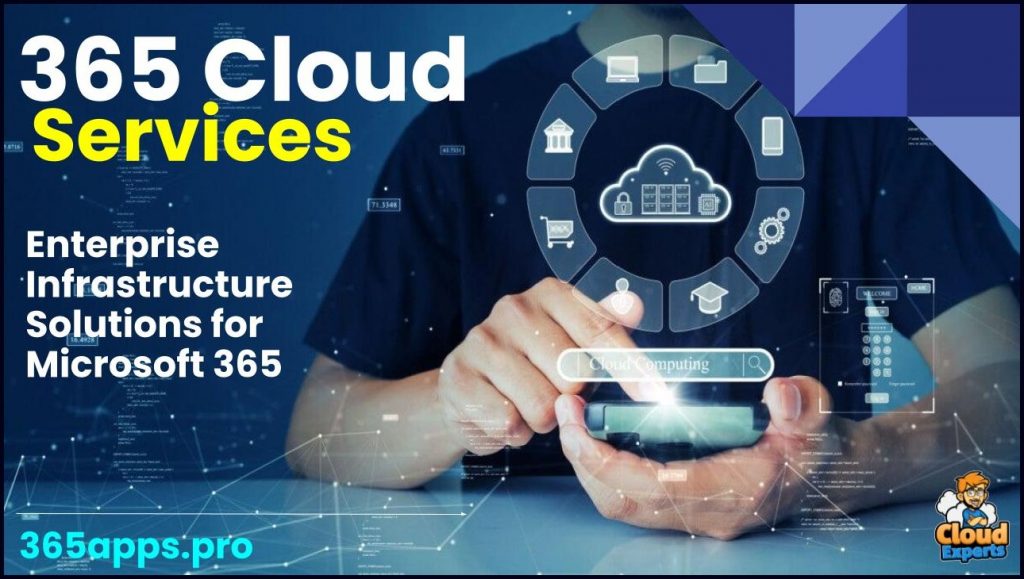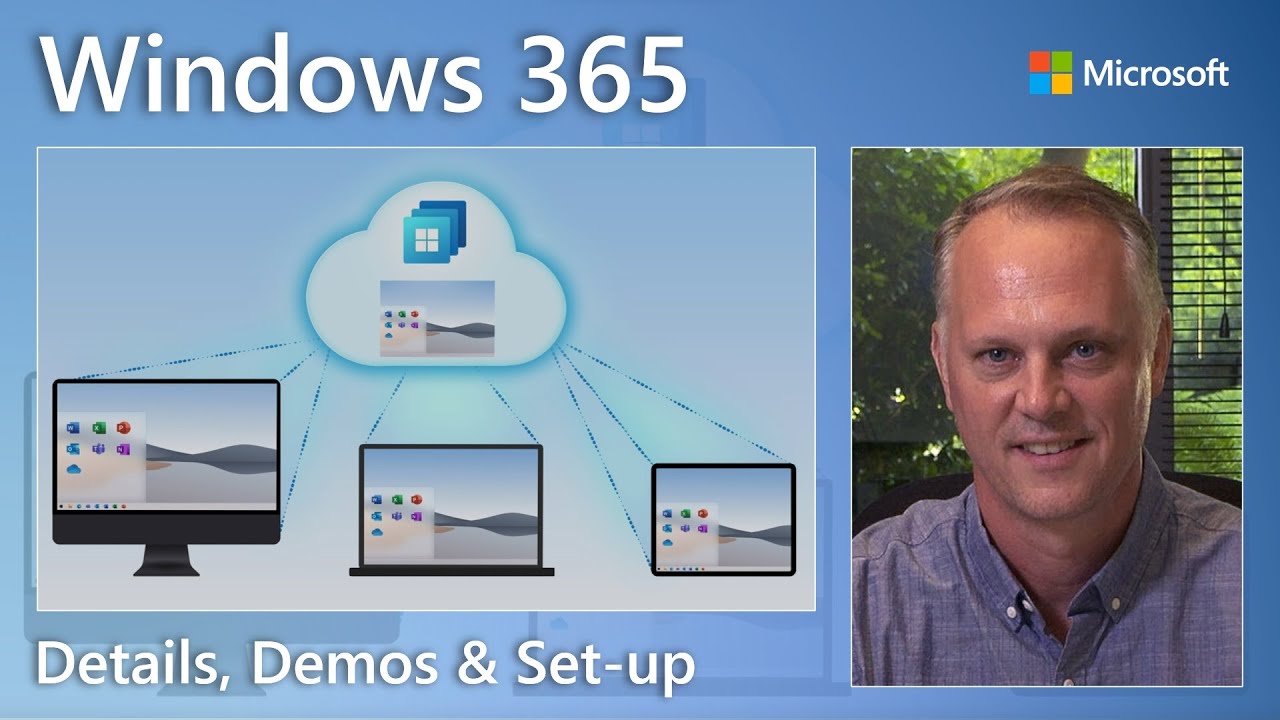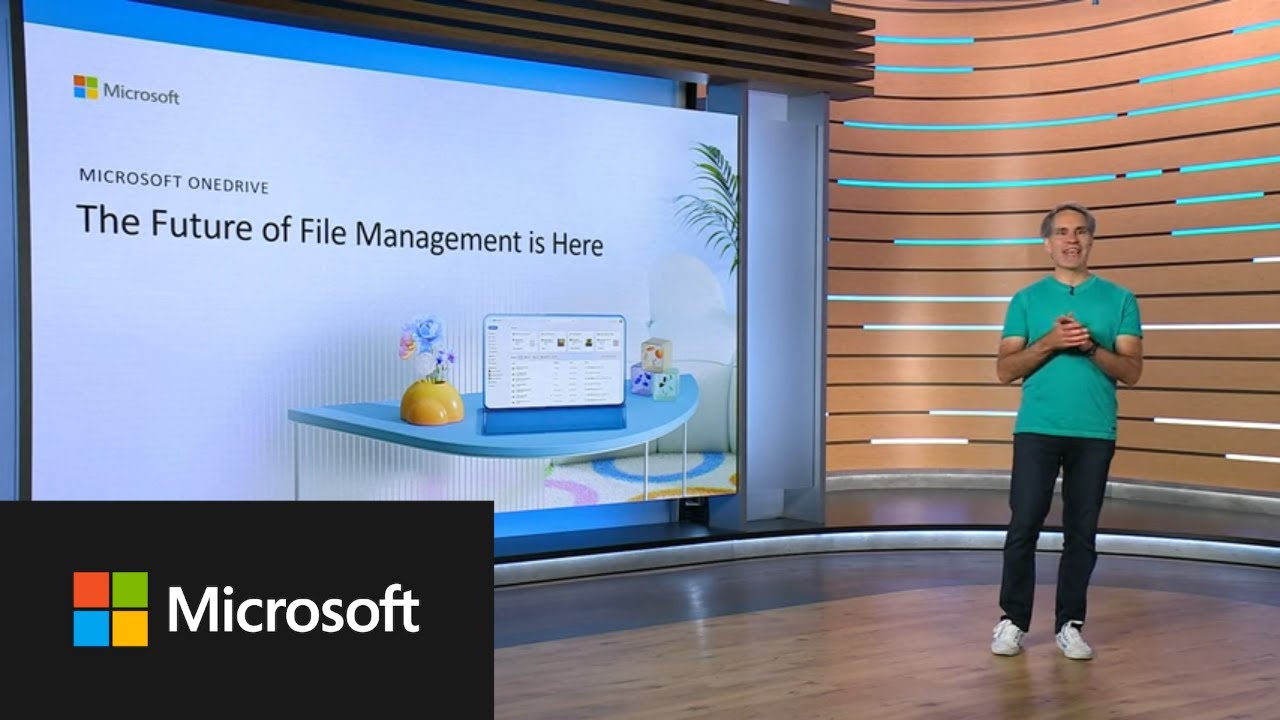Empowering and Securing Users
IT leaders understand that modern work requires users to have access to productivity-boosting apps like Microsoft 365.
They also understand that these new apps must be securely enabled. Microsoft operates a 'Shared Responsibility Model' which means they protect some but not all aspects of using 365.
Customers are responsible for some functions of their security and compliance, and through additional components and partner services, organizations can address these and many other 365 infrastructure requirements.
End User Computing
The building block for enterprise end user computing with 365 are Cloud PCs. Securely stream your Windows experience from the Microsoft Cloud to any device. Employees may also need mobile and telephony devices.
Identity and Security
365 uses Entra ID to manage identities and authentication, to regulate who can access your services, as part of an overall suite of security services that protects devices and data from risks like phishing and malware.
Secure Storage and Backups
OneDrive provides Cloud Storage that users can utilize to backup and share files, and can also integrate with Sharepoint. There are also solutions for backing up your 365 data.
365 Cloud Services
The Cloud provides the core building block for empowering remote workers to share files and collaborate, securely.


Solution Guide
A detailed guide to Digital Workspace solutions, covering technology and implementation, including Maturity Model and Adoption Roadmap.

Support Community
Need some hand-holding support? Join our community for help forums, social networking and regular learning events.






















